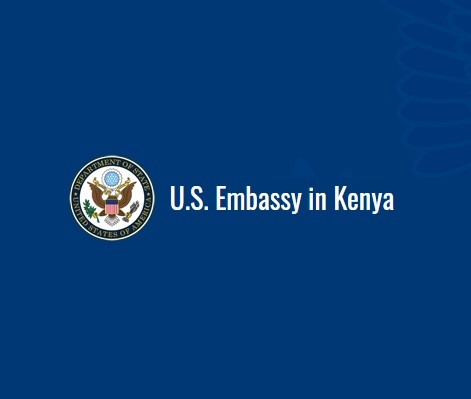Dreams of exploring the United States often culminate in the coveted US visitor visa, the gateway to a world of adventure, discovery, and opportunity. However, the path to securing this visa isn’t always straightforward, as many hopeful travelers have discovered. From the bustling streets of New York to the sun-kissed beaches of California, the US beckons, but a rejected visa application can cast a shadow over these dreams.
A US visitor visa, known as the B1/B2 visa, is far from a guaranteed ticket. While a valid passport and a desire to explore may seem like the perfect recipe, there are various factors that can result in your visa application being denied. Understanding these common refusal reasons and preparing accordingly can greatly enhance your chances of approval.
1. The Dilemma of Incomplete Documentation
A seemingly trivial oversight can lead to a major setback. Incomplete or incorrectly filled DS160 forms can raise red flags, making it essential to double-check every detail before submission.
2. The Purpose Puzzle
The purpose of your visit must be logical and well-defined. Failing to articulate a clear and genuine reason for your trip can raise suspicions about your intentions, leading to a potential refusal.
3. Ties that Bind
Demonstrating strong ties to your home country is pivotal. Inability to provide evidence of compelling reasons to return home after your visit can cast doubt on your intentions, potentially leading to visa denial.
4. The Confidence Quandary
Effective communication skills and confidence play a crucial role in the visa interview. A lack of fluency or self-assuredness might raise concerns about your ability to adhere to visa regulations, affecting the outcome.
5. Invitation Letter: Friend or Foe?
Navigating the invitation letter conundrum is vital. Relying too heavily on it or neglecting its importance in the application can lead to confusion and potential visa refusal.
6. The Ghosts of Visa Violations Past
A history of previous visa violations can haunt your current application. Transparency about any past infractions is vital, as failure to disclose them can lead to a swift denial.
7. Shades of the Past: Criminal History and Fraud
A criminal record or suspicion of fraudulent activities can irreparably mar your visa prospects. Full disclosure is crucial, as concealed information can lead to serious consequences.
The key to a successful visa application lies in preparation. Armed with knowledge about these common refusal reasons, you can bolster your candidacy and minimize the chances of a disappointing outcome. From meticulous documentation to robust communication skills, each element plays a role in crafting a compelling case for your US visit.
While securing a US visitor visa isn’t a guaranteed endeavor, understanding the pitfalls that lie along the path can empower you to navigate with prudence and foresight. Remember, the journey towards that much-anticipated US adventure begins with a well-prepared and well-informed application.














